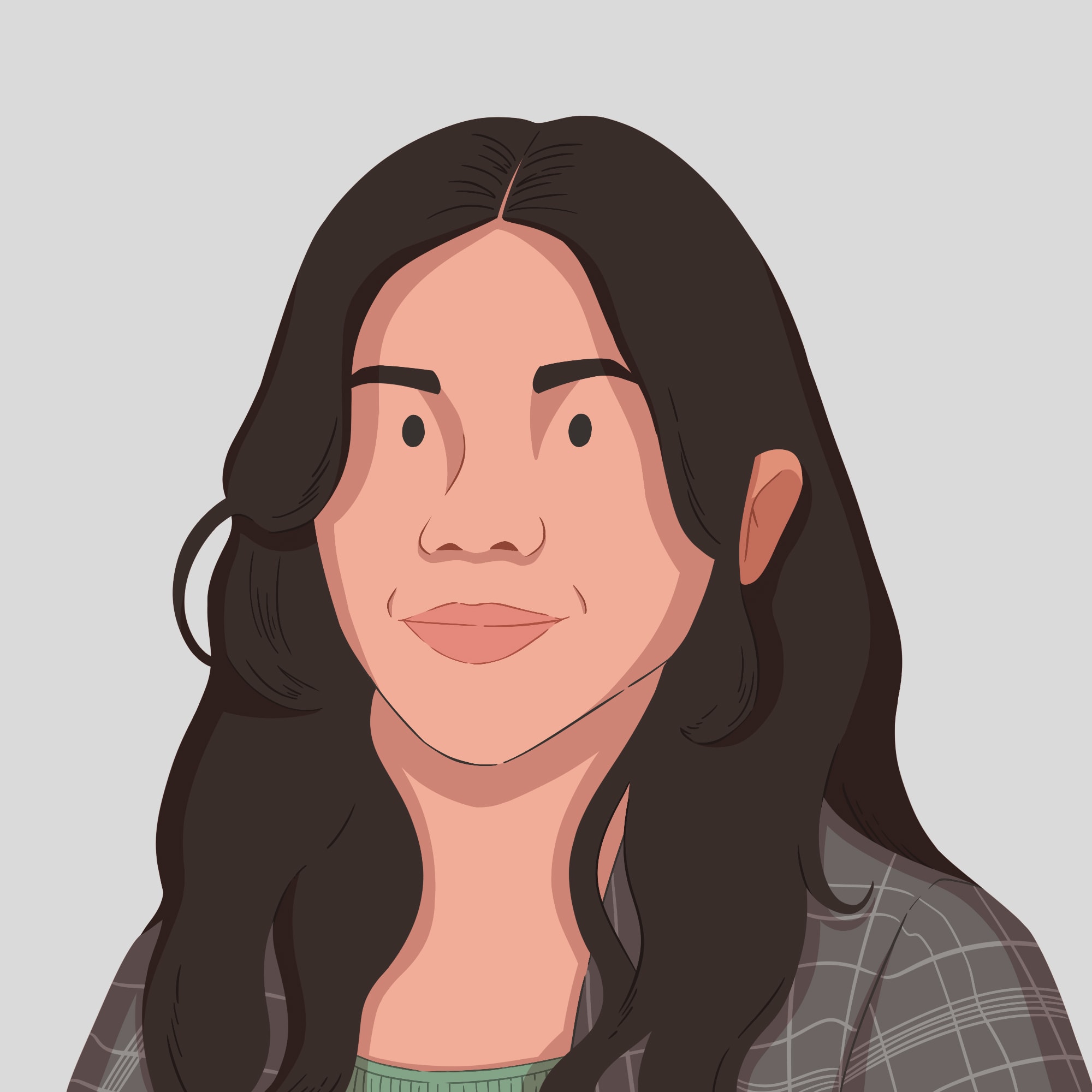Caring ‘rebel’ Bridget Tan’s family tells of sacrifices she made in advocacy work for migrant workers
SINGAPORE — She was fiercely protective of migrant workers' welfare and so engrossed in her advocacy work that her family members would not see her on important occasions sometimes.
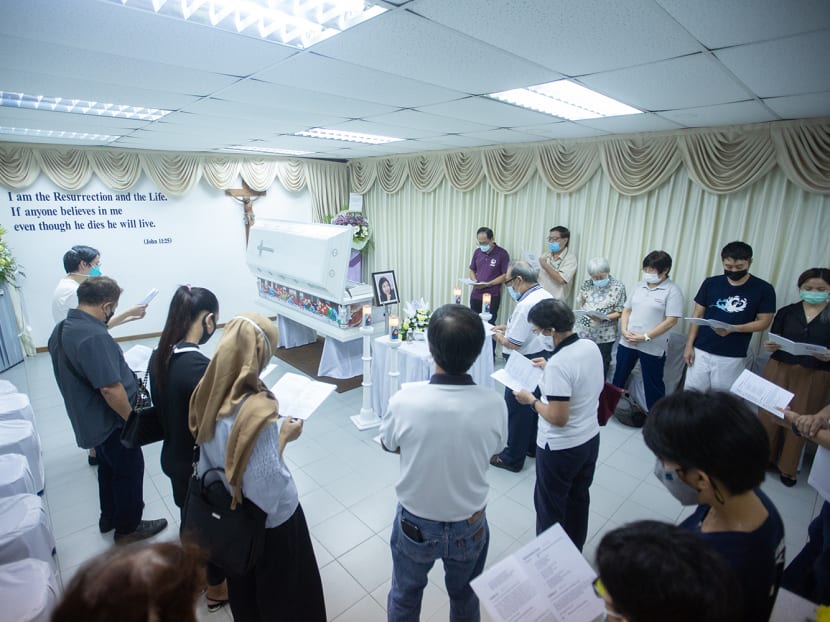
Family and visitors praying at the funeral wake of Home's founder Bridget Tan on April 22, 2022.
- Bridget Tan, founder of Humanitarian Organisation for Migration Economics, died at the age of 73
- Family members said she was so committed to her work she disregarded her own safety sometimes
- She also did not have time to join family members on certain important occasions
- Her family said she was much like her father, in that they were unafraid to stand up for their beliefs
- Other people who have interacted with her said she was a passionate and caring woman they highly respected
SINGAPORE — She was fiercely protective of migrant workers' welfare and so engrossed in her advocacy work that her family members would not see her on important occasions sometimes.
Bridget Tan, founder of non-profit Humanitarian Organisation for Migration Economics (Home), was still working from a wheelchair until she breathed her last on Monday (April 18) at the age of 73.
She died in Batam, Indonesia, where she had been recuperating while helping various non-profit groups after suffering from a stroke in 2014.
Her son, who gave his name as just Mr Lew, was reserved when TODAY approached him at her funeral wake at Church of Our Lady of Lourdes near Rochor Road, but teared up when asked what was a fond moment he had with his mother.
He remembered how his mother would pray with the family, instilling her Catholic faith among her children.
"She was extremely focused and when she set her mind to something, she never called it quits," Mr Lew said, declining to reveal his full name, age or profession.
"So much so that she wore the same pair of pants for years. She was just focused on her work."
Mr Benedict Tan, 69, her youngest brother, said that his late sister sacrificed "everything" for her advocacy work.
The financial and investment sales auditor told TODAY that she took all her retirement money in 2004 to set up Home, putting aside some to use in Batam.
He also said that his sister was not there at some family milestones, such as his own daughter's wedding, because she was caught up with her work.
"People had a love-hate relationship with her because, on one hand, you'd never meet someone like her who was so passionate about a cause. But on the other, her passion drove people too far sometimes," he added.
“Bridget went by herself at around 3am to a forest in Lim Chu Kang to scout and confirm that this was happening before she called the police. It was so dangerous, but she didn't tell anyone.Mr Benedict Tan, younger brother of Bridget Tan, on how his sister pursued a case of a migrant worker who was forced to provide sexual services”
Giving an example of the extent of her commitment to her work, her brother said that she would go overboard at times and put herself in a dangerous situation.
She told him about the following incident only later in recent years.
She heard from a victim of sex trafficking who was trapped in a forest in Lim Chu Kang — around the time when she founded Home. The woman was promised work as a foreign domestic worker, but was forced into sex work in the forested area.
"Bridget went by herself at around 3am to a forest in Lim Chu Kang to scout and confirm that this was happening before she called the police.
"It was so dangerous, but she didn't tell anyone. These (perpetrators) probably worked in a gang, and so much could have gone wrong. It's one of the things that I disagreed with Bridget on what she did," he said, adding that he wished she cared more about her own safety.
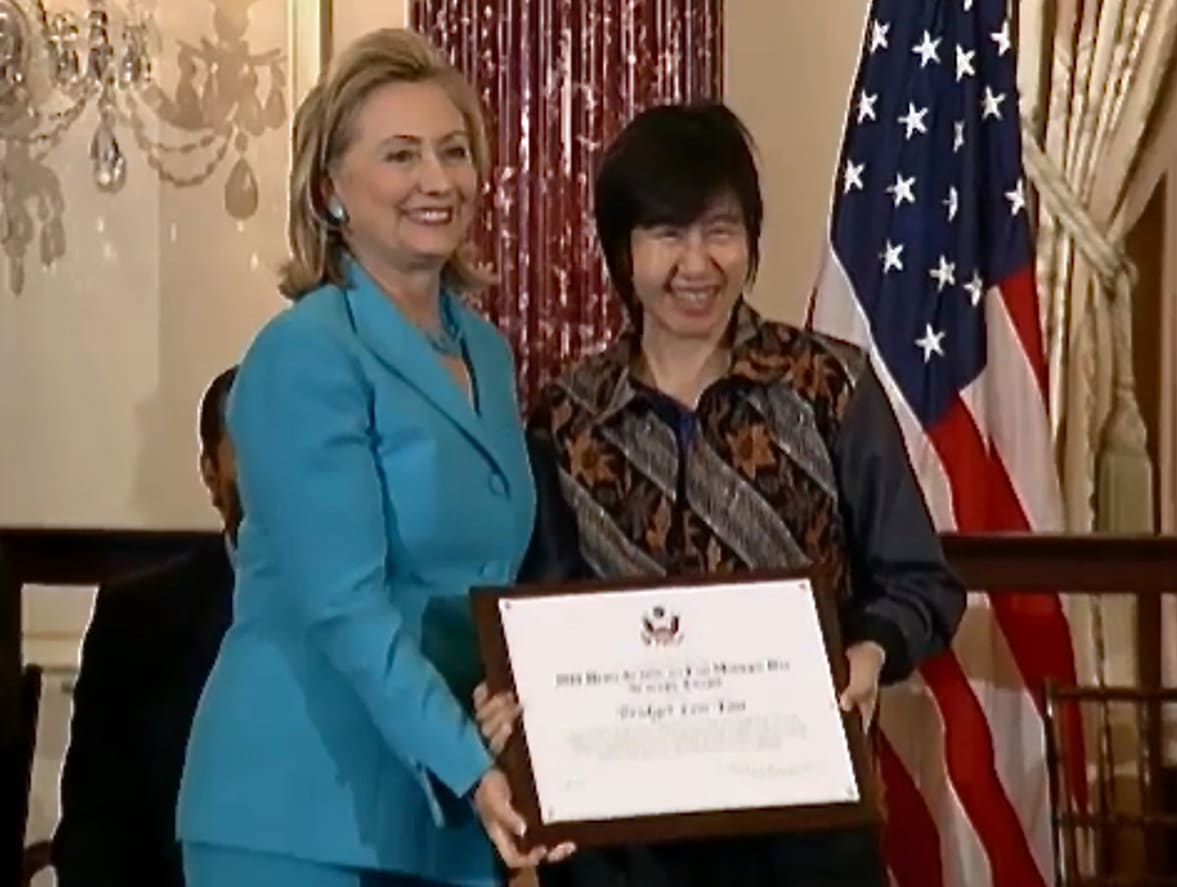
Family members said that she was who she was because she had someone she looked up to when she was young.
"To understand what Bridget was like, you have to know my father," Mr Benedict Tan said.
Their father, Dr Joseph Tan Kwan Meng, was a doctor and assistant lecturer. His wife was a nurse, and Bridget Tan was the third of four children.
Mr Benedict Tan said that their father harboured anti-colonial sentiments and was later exiled to Sarawak, Malaysia.
He died at the age of 35 in Singapore when Bridget Tan was just six years old, and she inherited her father's diary, which she read.
"Our father was a highly focused man... to study for medical school, he would hide in the toilet and open three books — one on literature, one on history and one on medicine," Mr Benedict Tan said.
"When he wanted a break from studying medicine, he would turn to the book on history, then the book on literature. He had a large library with (all these) books, and Bridget read through all of them."
“Bridget and our father were the same... willing to give up so much for what they believed in, and having a soft spot for the underprivileged and the poor.Madam Amelia Tan, older sister of Bridget Tan”
Madam Amelia Tan, 76, an older sibling and a retiree, said that their father would offer his medical services for cheap, sometimes in exchange for a few eggs.
"Bridget and our father were the same... willing to give up so much for what they believed in, and having a soft spot for the underprivileged and the poor."
She added: "Because Bridget was so outspoken, she easily made enemies as she wasn't afraid to say what she thought."
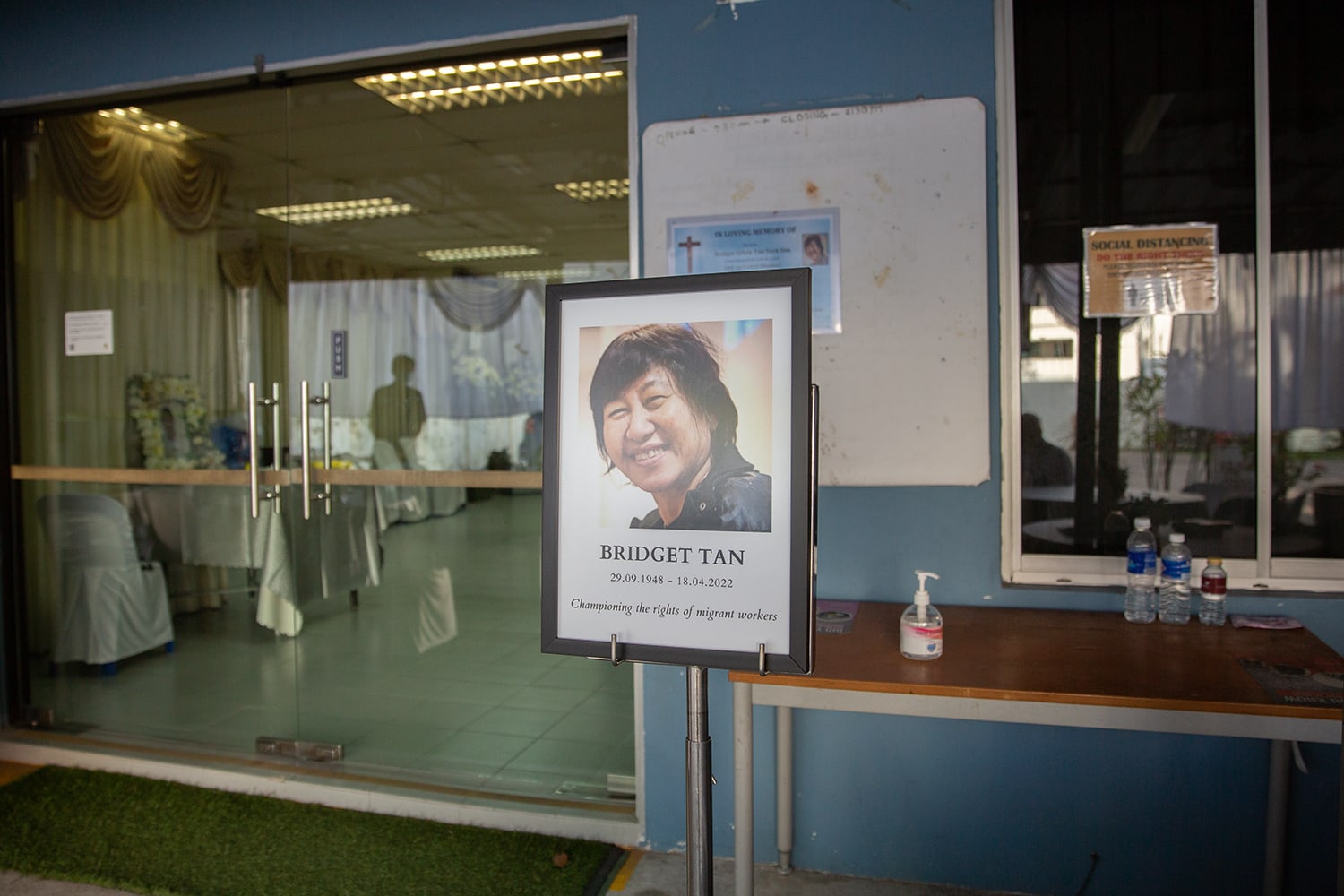
Mr Benedict Tan remembered, too, that his late sister would stand up against their oldest brother when he bullied the younger siblings. "She was a rebel, just like our father, willing to stand up for what they believed in.”
During the days when she used to work in human resources before she became a full-fledged advocate, he said that his sister would "bang table when something isn't right".
"Bridget would fight for the workers, but also do her job and understand the company's position... But when something was against her belief, she would definitely speak up."
True to her reputation, friends and people who have met Bridget Tan in the course of her advocacy work described her as a passionate woman who was not afraid to fight for her beliefs, but also one who was caring and generous.
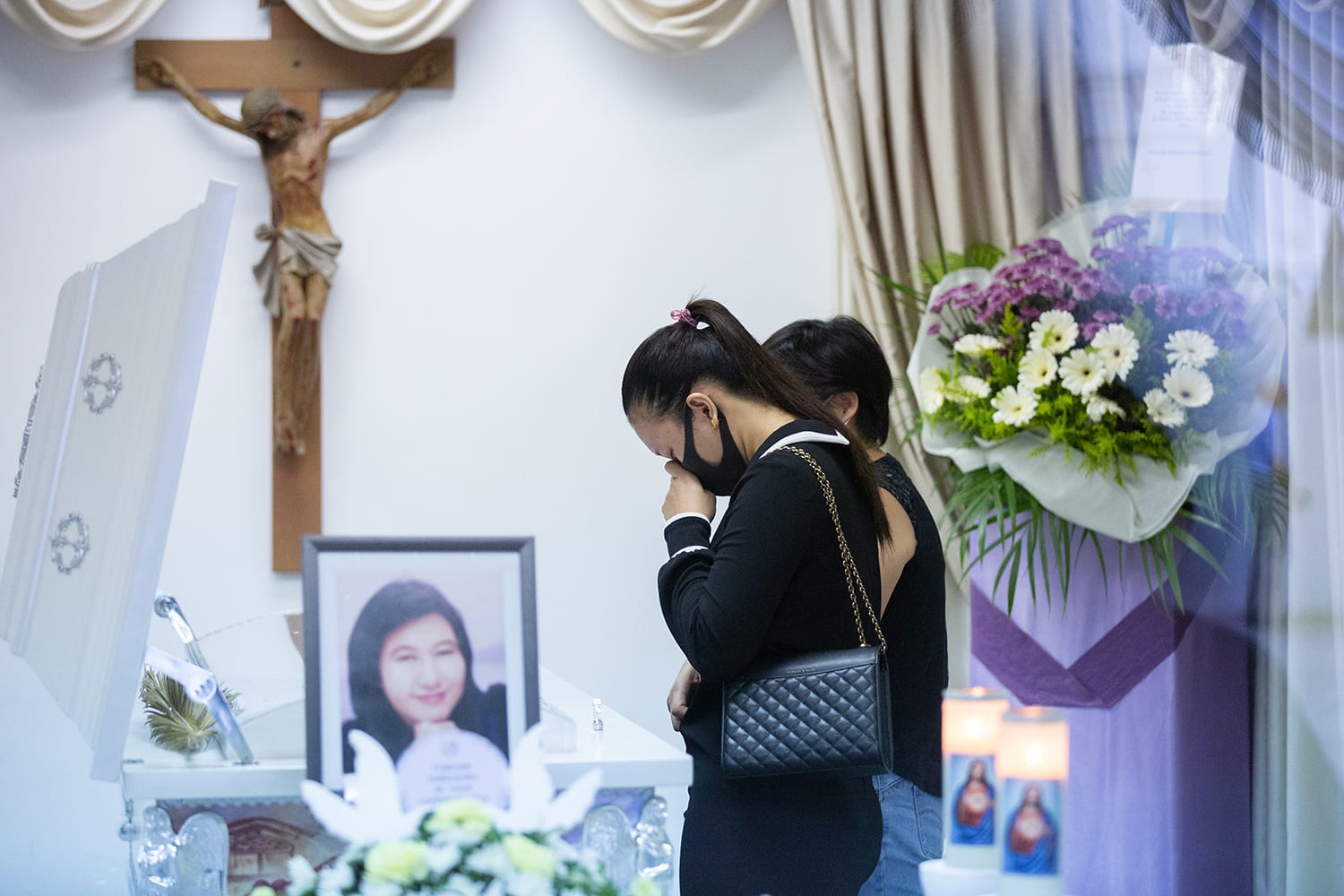
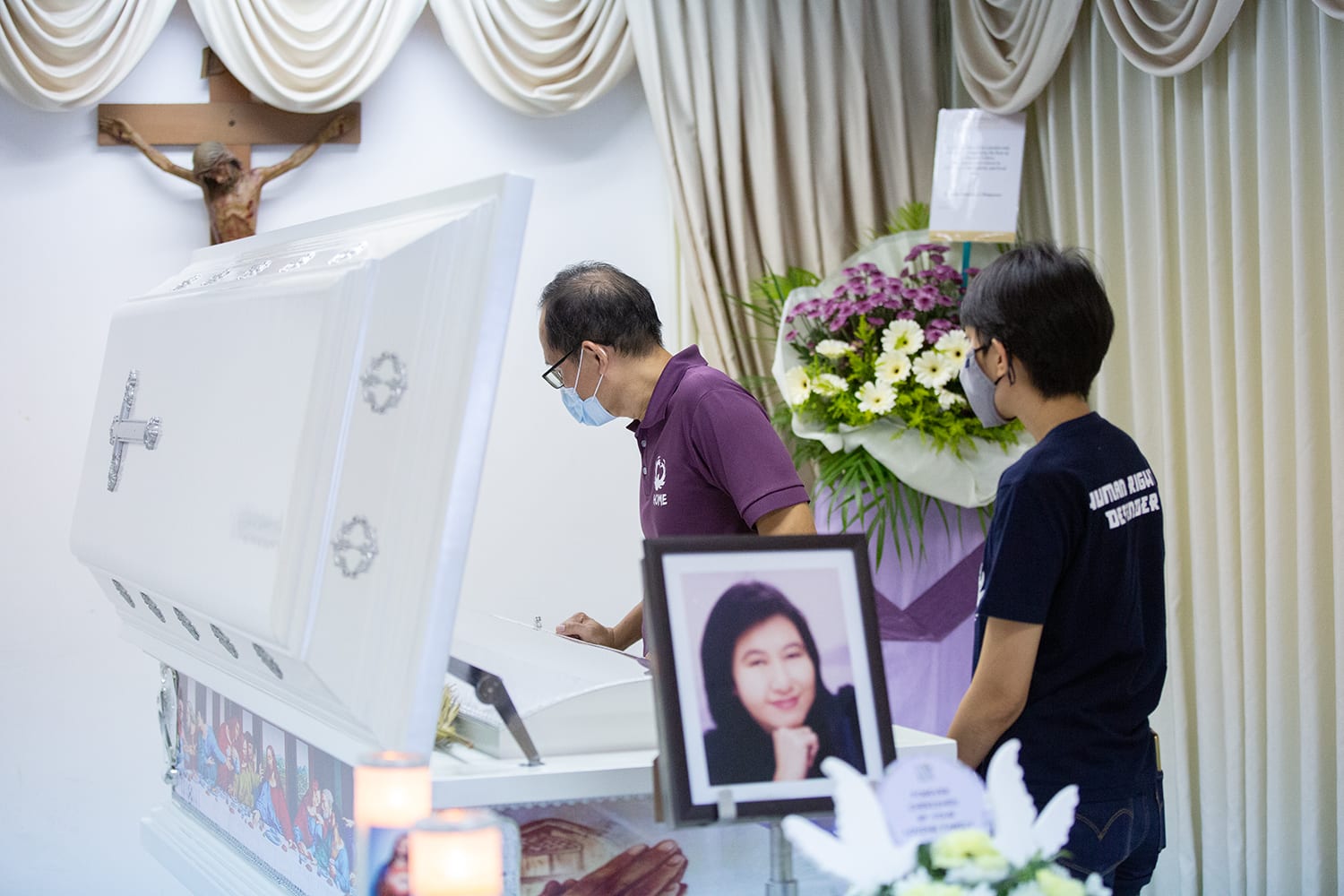
For 60-year-old housewife Angelita Antonio, a Singapore permanent resident, Tan was a motherly figure to many like herself who were living in a foreign country.
At the time, she was a long-term pass holder whose spouse was a Singaporean.
"I took three programmes in what is now known as ACMI (Archdiocesan Commission for the Pastoral Care of Migrants and Itinerant People) and mum Bridget was the principal," she said, adding that everyone who attended the programmes addressed Bridget Tan as “mother” or “Madam” in deference to her.
"There was once I needed to get on stage to collect a certificate and she came to help me up the stairs because I was heavily pregnant with my first child... She was really caring and treated everyone equally, regardless of who you are."
Madam Antonio’s husband, Mr John Devasahayam, 55, who works in the social service sector, holds Bridget Tan in high regard.
"Look around us today, these rights that migrant workers have today stem from what Bridget had worked on and fought for," he said.
Ms Deshi Gill, executive director of Home, first met the founder in 2017 when she joined the organisation.
"She would meet (the team from Home) for lunch, despite her being in a wheelchair, and kept encouraging us to carry out the mission," Ms Gill said.
"From our interactions with her, we were reassured that we had such strong, continued support from a pioneer like her."
She added that Bridget Tan’s fight for migrant workers’ rights was an inspiration for her and the team from Home.
The organisation continues to provide various services to migrant workers, including housing, financial and medical support, as well as legal services and reskilling courses.
Mr Benedict Tan said: "We're proud of her, of course. You'll never meet anyone like her, someone so larger-than-life."


